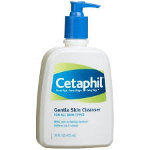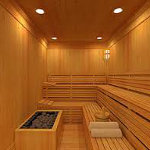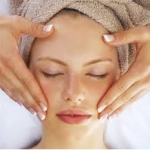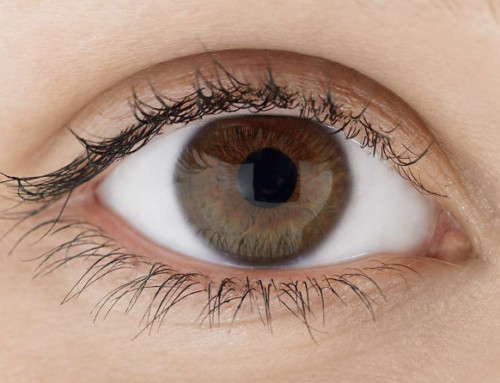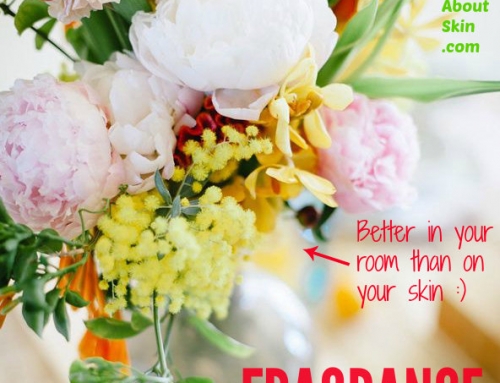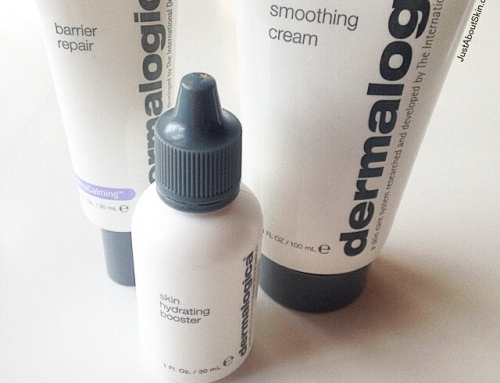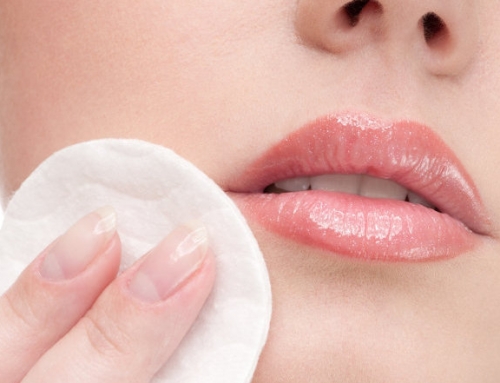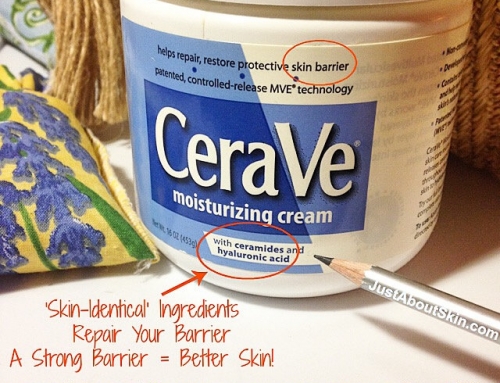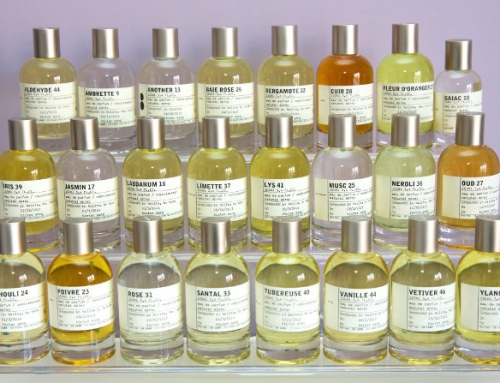Yesterday, I discussed strategies for treating sensitive skin. The most important thing is to maintain a strong barrier. A strong barrier protects skin from irritation.
Managing sensitive skin is an ongoing process. The first step is to REPAIR any damage to your barrier. (See yesterday’s post for how).
The second step is to PROTECT it from future damage.
Whether your sensitivity is an ongoing problem or temporary condition, here are tips for protecting your skin barrier.
Tips for Sensitive Skin
1. Avoid Known Irritants
 Artificial fragrance and essential oils are major irritants.
Artificial fragrance and essential oils are major irritants.
Other botanical ingredients are quite often problematic too. Exercise caution with ‘all natural’ or botanical skin care lines. Many plant-based ingredients cause allergies.
Here is a list of potential irritants in skin care.
It is important to realize that ALL ingredients can be irritants. What ultimately matters is the concentration and how long it’s left on your skin.
2. Use Skin Care Products Formulated for ‘Sensitive Skin’
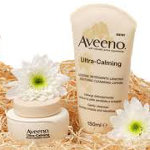 Lines that are formulated for Sensitive Skin will have anti-inflammatory ingredients as well as barrier repair ingredients. Many are silicone-based.
Lines that are formulated for Sensitive Skin will have anti-inflammatory ingredients as well as barrier repair ingredients. Many are silicone-based.
They will also (hopefully) exclude known irritants and sensitizers, such as fragrance and certain preservatives.
Here is a list of anti-inflammatory ingredients. It’s a good idea to get familiar with them so you can identify them on labels.
4. Be Gentle In Your Touch
 Avoid using a washcloth to clean or wipe your face. The texture of a towel is too rough and wiping can exert too much pressure.
Avoid using a washcloth to clean or wipe your face. The texture of a towel is too rough and wiping can exert too much pressure.
Same goes for a brush – the bristles are too rough and the rotating motion creates too much friction.
Use your fingertips when you cleanse. And go easy. There is no need to rub hard when you cleanse.
The only area where you need to rub (a little) is on the tip of your nose and the crease of your nostrils. This is where most people are prone to blackheads.
Pat your face dry, rather than rubbing it with a towel. A few pats are all you need. The face dries very quicky on its own.
5. Exercise Caution With Exfoliation
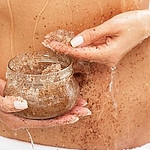 If you’re experiencing temporary irritation, do not exfoliate until your skin has fully healed. Give it at least a few weeks after your symptoms go away so your skin barrier has time to rebuild.
If you’re experiencing temporary irritation, do not exfoliate until your skin has fully healed. Give it at least a few weeks after your symptoms go away so your skin barrier has time to rebuild.
If you experience chronic sensitivity, exfoliate sparingly, and avoid exfoliating with abrasive scrub particles or any kind of tool (e.g. brush).
For extremely sensitive or reactive skin, don’t exfoliate yourself. Consult with an esthetician or dermatologist for guidance on the right method and ingredients.
Depending on your sensitivity level, you should exercise caution with classic exfoliating ingredients – retinol, AHA’s, and enzymes.
- If you have thin skin, these exfoliating ingredients will increase sensitivity since they penetrate skin.
- If you have chronically sensitive or reactive skin, you should stay away from these ingredients altogether.
For any kind of sensitivity, stay away from low pH and high concentration AHA’s. And definitely don’t use Ascorbic Acid (see issues with pure Vitamin C).
6. Avoid Environments that Aggravate Sensitive Skin
 Dry climates, indoor dry heat, windy areas, and sudden changes in climate or environments increase sensitivity.
Dry climates, indoor dry heat, windy areas, and sudden changes in climate or environments increase sensitivity.
Use a humidifier in the winter if the air is dry.
This is a list of common environmental factors that sensitize skin.
9. Wear Mineral Sunscreens
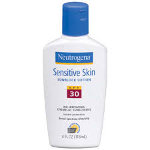 Choose physical sunscreens whose active ingredients are minerals: Zinc Oxide or Titanium Dioxide. They are ideal for sensitive skin as they are unreactive and highly protective. (They are also very safe for skin.)
Choose physical sunscreens whose active ingredients are minerals: Zinc Oxide or Titanium Dioxide. They are ideal for sensitive skin as they are unreactive and highly protective. (They are also very safe for skin.)
Chemical sunscreens quite often have ingredients that are sensitizing. Avobenzone, the most popular ingredient in chemical sunscreens, is one of them.
10. Minimize the Number of Products You Use
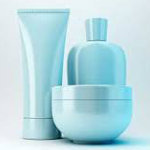 Use fewer products in your routine. Seek products with fewer ingredients.
Use fewer products in your routine. Seek products with fewer ingredients.
Keep it simple:
- A gentle cleanser
- A lotion or moisturizer with barrier repair ingredients
- A mineral (physical) sunscreen (or daytime moisturizer with built-in sunscreen if you prefer just 1 step)
But don’t take it to the extreme and SKIP products. That’s a big mistake.
Naked skin is vulnerable to all kind of environmental assaults, especially if your barrier is already damaged.
You absolutely need some skin care products with barrier repair ingredients. And of course sunscreen.
Related Article:
Want posts delivered straight to your inbox? Sign up for the weekly newsletter here.


